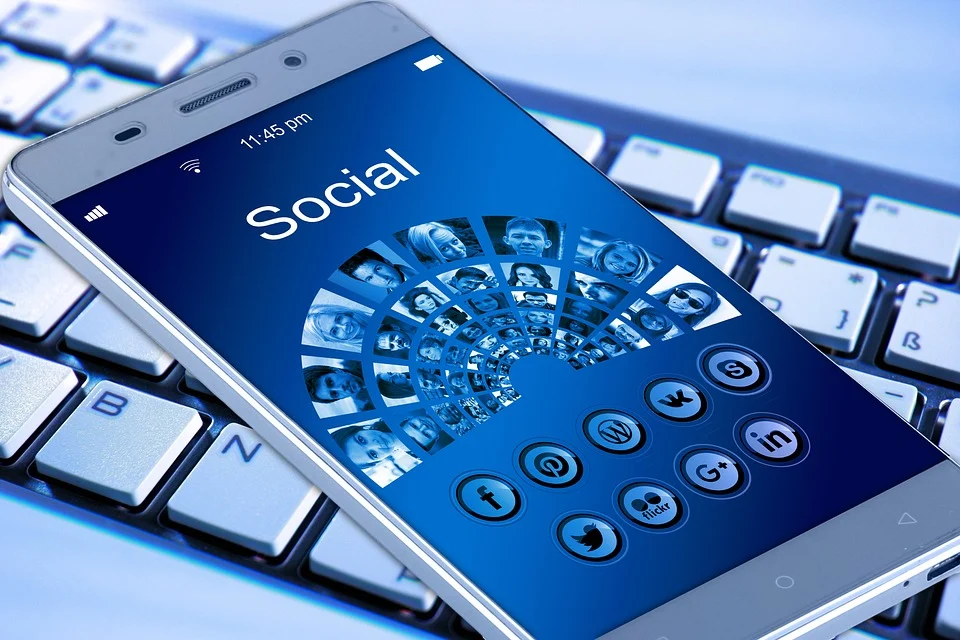How does social media affect mental health and is social media to blame for the poor state of our mental health? According to statistics, 4.48 billion people use social media worldwide and out of this 99% access the websites or apps through a mobile device. The average number of social media accounts is 8.4 per person in 2020.
According to a report titled Social Media Consumption in Kenya published by United States International University of Kenya, most Kenyans aged between 21-35 years spend more than 3 hours on social media daily. This figure is rising, and it is expected to grow as people continue to be digitally connected.
While social media has immense benefits it has its challenges that have a negative effect on a human’s mental health. The pressure, stress and addiction that comes with the consumption of social media cannot be ignored.
Mental health is all about how people think, feel and behave. According to the World Health Organization (WHO), mental health is a state of well-being in which an individual realizes his or her abilities, can cope with the normal stresses of life, can work productively and is able to make a contribution to his or her community.
Who are the most affected by social media?

Teenagers and young adolescents are the most affected by mental issues related to social media. During transition and as their bodies change, teenagers become vulnerable to peer pressure and tend to follow trends that they see on social media. These trends bring pressure on their life and eventually lead to mental illness.
Studies have found a strong link between social media and an increased risk for depression, anxiety, loneliness, and suicidal thoughts. Social media may promote negative experiences such as inadequacy about your life or appearance.
Though social platforms tend to have negative effects there are also positives. Teenagers get a platform to express themselves and showcase their talents, learn new things, and help them transition into adulthood.
How does social media affect mental health?
With different platforms available, it makes teenagers vulnerable to mental health associated with the consumption of social media. This is because social media is addictive and can lead to anxiety and depression especially among teenagers and young adults. According to Lifespan, there are various ways in which social media affect our mental health
- Addiction. It is a concern as people are spending a considerable amount of time on social media leading to addiction.
- Fear of Missing Out. (FOMO) Teenagers tend to use social media thinking they will miss out on something if they do not go online.
- Self-image issues. With the usage of social media, this group tends to seek social approval and validation. This is in regard to appearance and status as they compare themselves with others online.
- Online vs reality. What we see on social media may not be the reality and can bring pressure to life as people try to keep up with what others are doing online.
According to a report by Nevada University, teenagers have experienced different forms of abusive behavior online. These behaviors include
- Name-calling
- Spreading false rumors
- Receiving unsolicited explicit images
- Having their activities and whereabouts tracked by someone other than a parent
- Someone making physical threats
- Having explicit images of them shared without their consent
How to protect our children from the mental hazards associated with social media usage.
There are various ways in which we can protect ourselves and our loved ones especially kids from the effects of social media that lead to mental issues.
- Talking to your kids on what to consume online and their effects
- Setting parental controls on mobile devices
- Deciding on when to give your kids their first phone as a way of showing responsibility
- Talking to your kids about the need to keep some matters of their lives private by not exposing them to social media.
- Regularly communicate with your kids on the usage of social media and trying to scan if there are experiencing any form of abuse online.





